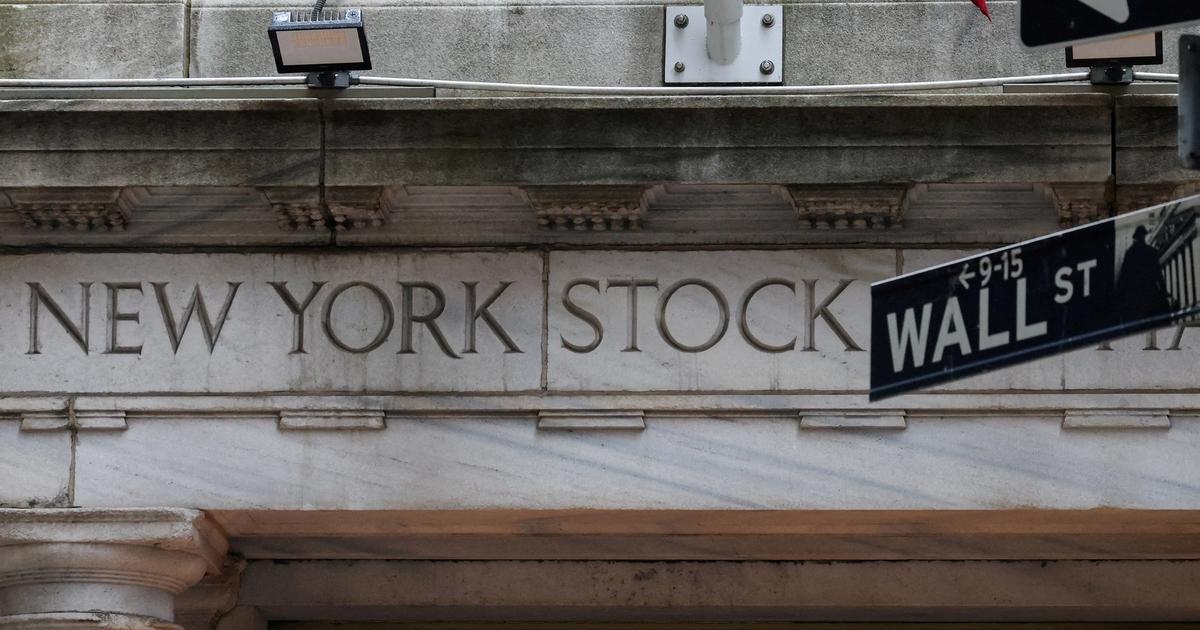Senate Republicans have a new headache as they wrangle President Donald Trump’s megabill toward a final vote: panic on Wall Street over its proposed new retaliatory tax on certain foreign investment in the US.
Corporate interests are pushing back against the bill’s escalating taxes against foreign investors from countries that impose “discriminatory” taxes on multinational business.
The House included the retaliatory tax in its version of Trump’s tax bill, but several Republican senators told Semafor they are weighing changes to make sure the provision doesn’t stifle job creation in the US, especially in manufacturing.
The House-passed tax was crafted in response to a global minimum tax plan from the Organization of Economic Cooperation and Development, which wants to stop multinational corporations from taking advantage of tax loopholes in jurisdictions where they operate. Trump has criticized that proposal, vowing countermeasures — and Republicans don’t like the global tax, either.
Still, some Republicans worry the new tax risks embroiling the US into a tit-for-tat tax war that causes blowback for companies trying to invest domestically.
“In terms of implementation, I’m going to have to get more comfortable with it. Going into it in its current form, I’m not comfortable,” Sen. Thom Tillis, R-N.C., a staunch ally of Wall Street who serves on the tax-writing Finance Committee, said in an interview.
Tillis said the possible chill on foreign companies’ investment in the United States is “why we’ve got to look at it … we’ve got to be smart about that.”
The wonky yet critical fight has bubbled up over the past week as investors pored over the House bill in anticipation of potential Senate amendments. In its most basic form, the retaliatory tax would top out at 20% on corporations and individuals headquartered in countries that impose taxes deemed unfair by the United States, including global minimum corporate taxes and digital service taxes.
Senators are diving into the House-passed foreign tax language, referred to as “Section 899″ in the bill, after investors started airing their worries. Some Republicans are inclined to agree with a Wall Street Journal editorial arguing that the proposal can succeed — if other countries back off a global tax framework and avoid retaliatory taxes.
There are plenty of others arguing the opposite point, though.
“I am certainly hopeful that senators will recognize that this provision will not impact bureaucrats in London, England, or Paris, France. It’s going to impact American workers in places like Paris, Ky., and London, Ohio,” said Jonathan Samford, who leads the Global Business Alliance. “It is a punitive and discriminatory tax aimed at major US employers who are guilty of nothing more than being founded abroad.”
Others urging the Senate to rethink the House approach include the American Enterprise Institute, which wrote a rebuttal to the WSJ that senators “should be cautious about enacting broad, discriminatory taxes on foreign investment, regardless of their intent.” Business publications have written multiple stories in the past week highlighting alarmed investors.
GOP senators said they could change the bill but are making no commitment yet.
“There are some issues that have been raised there and we are looking at it,” Senate Finance Chair Mike Crapo, R-Idaho, told Semafor. “The issue has been raised, and we are evaluating.”
Sen. James Lankford, R-Okla., said “there’s a lot of nervousness about how it could be used” and that while Republicans want to push back against the global tax plans, they also “want to make sure there’s not some unintended consequences.”
